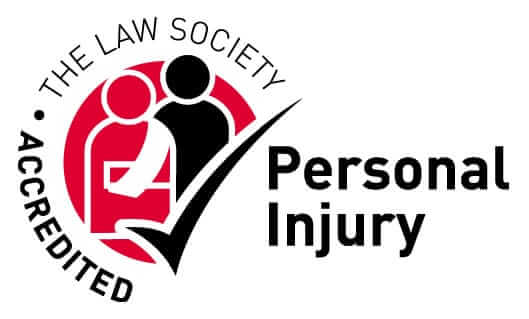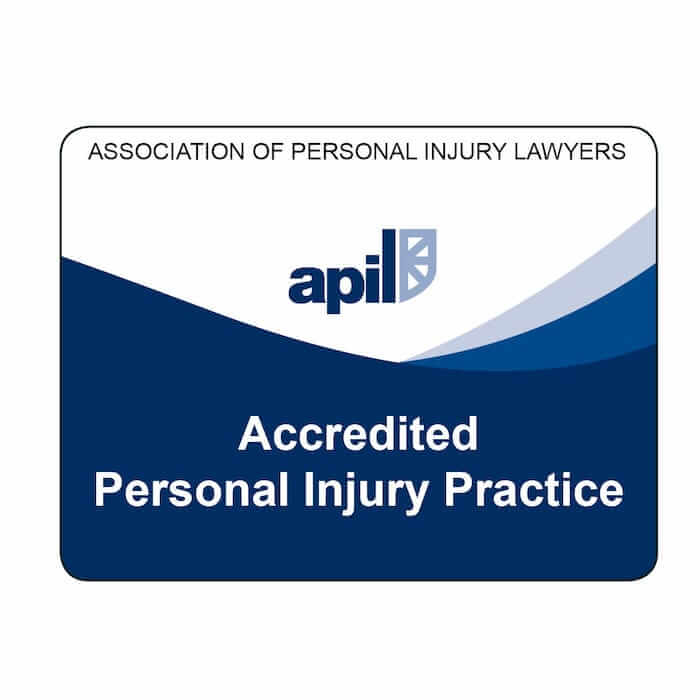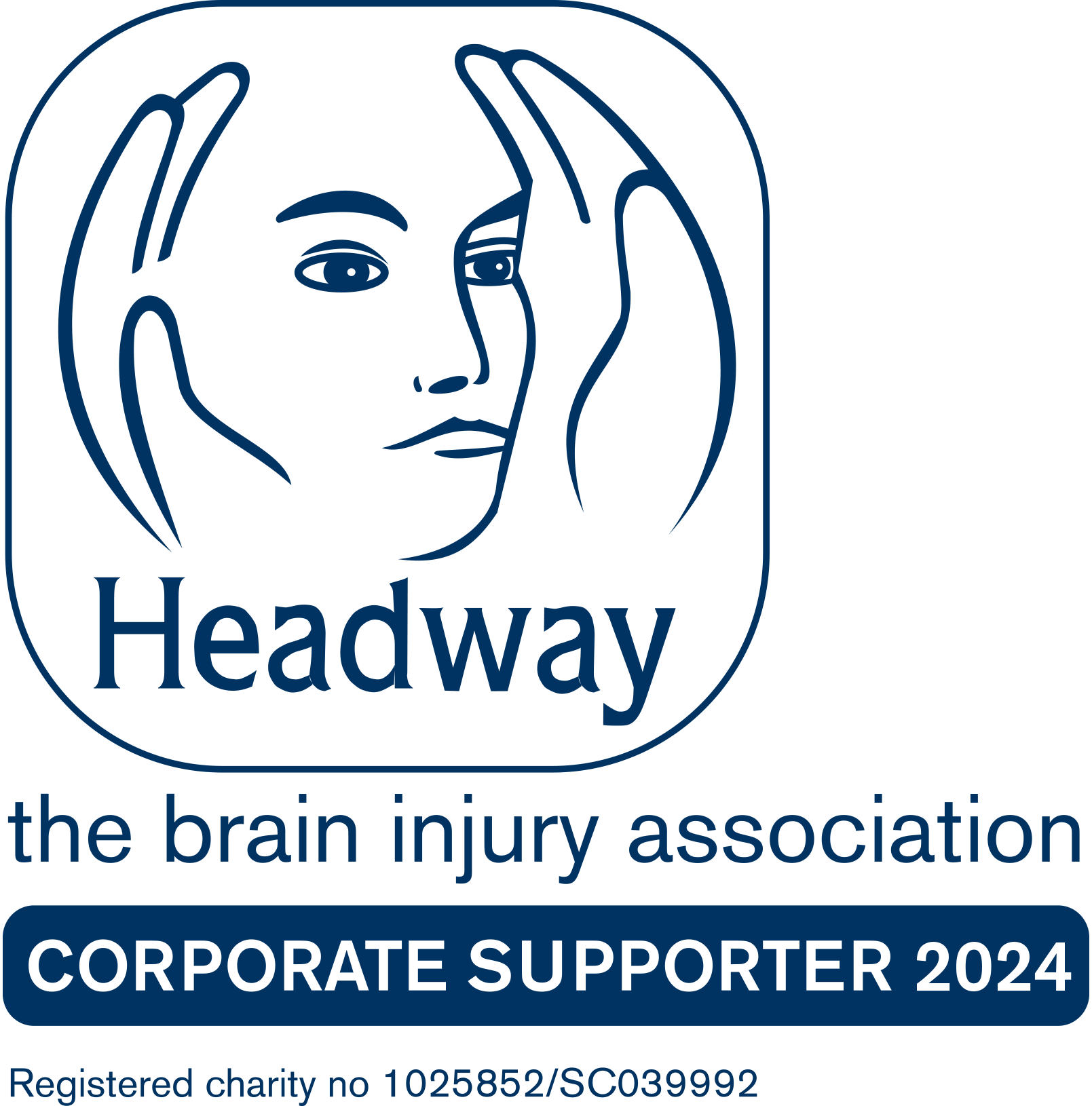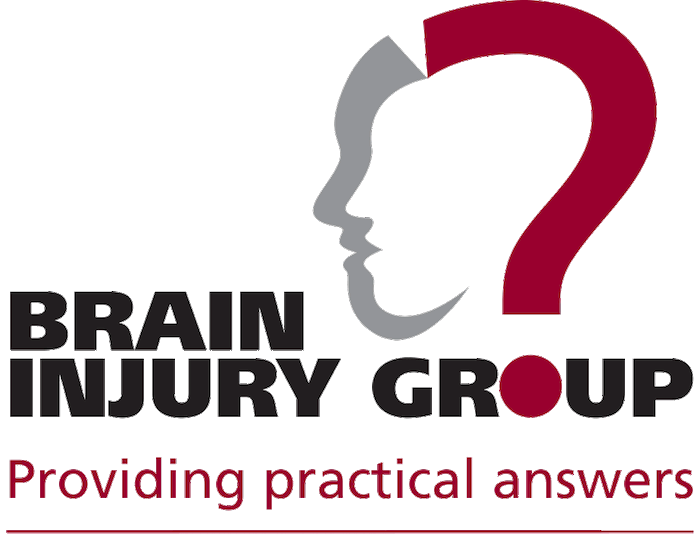Repetitive Strain Injury Compensation Claims
If you’re suffering from the pain of a repetitive strain injury that wasn’t your fault, we can help.
Our personal injury specialists have over 40 years of experience in dealing with repetitive strain injury claims. If your injury has been caused by someone else’s negligence, you may be entitled to compensation. We understand that the chronic pain associated with this type of injury can be hard to live with, which is why we strive to get you the compensation you deserve.
A repetitive strain injury is a term used to describe the pain felt in muscles, nerves and tendons caused by carrying out repetitive daily work tasks. It might be caused at work, and this is usually why individuals decide to make a claim.
According to figures from the Health and Safety Executive, over 470,000 UK workers were suffering from a work-related musculoskeletal disorder in 2020-21 alone, highlighting the prevalence of repetitive strain injuries.
Even if your pain isn’t obvious to other people, we understand that you might need support to help you live as comfortably as possible. To learn more about how we can help you win the compensation you deserve, contact us today by calling 0330 822 3451 or request a call back.
we can help.
0330 822 3451What is a repetitive strain injury?
Repetitive strain injuries are usually suffered by people who spend lots of time carrying out the same action repeatedly, usually resulting in overuse of the affected body part. Similar types of injuries can also be known as work-related limb disorders and a few of the common symptoms include pain or tenderness, dull aches, stiffness, numbness, and cramping.
It’s possible to suffer a repetitive strain injury on your wrist, finger, thumb, shoulders, and many other parts of the body. Even if your injury is incredibly painful, healthcare providers might sometimes only suggest that you keep active, take painkillers, or speak to your employer about changing the way you work. However, you might be referred for physiotherapy if your symptoms do not improve.
At Hodge Jones & Allen, we know that you might feel misunderstood, impatient, or even out of pocket if you’re trying to find effective repetitive strain injury treatment. That’s why we listen to every client on an individual, case-by-case basis to assess just how much compensation you could claim for what you’ve been through.
"HODGE JONES & ALLEN SOLICITORS HAS BEEN FANTASTIC PROCESSING AND SETTLING MY INJURY CLAIM. IN PARTICULAR CLAIRE SADLER, SHE HAS BEEN EXCELLENT THROUGHOUT MY CLAIM PROCESS."
How can you make a claim for a repetitive strain injury?
If you think you need to make a claim against your employer for your repetitive strain injury, there are two crucial steps you should take:
- Firstly, you’ll need to prove that your employer failed in their duty of care to protect your health, safety, and welfare, and therefore were negligent.
- Secondly, you’ll need to provide evidence that your repetitive strain injury was caused by these negligent practices.
Since the symptoms of repetitive strain injuries develop slowly, it’s important to know how to identify and prove your condition. When you make your claim, you’ll need to provide evidence not only of your injury but also of the situational circumstances and the working environment that contributed to it. It could be wise to use photographic evidence to demonstrate how your repetitive strain injury was caused.
At Hodge Jones and Allen, we know that no two work-related injury claims are the same. If you’re unsure if you have the grounds to make a claim for your repetitive strain injury, don’t hesitate to get in touch with us today.
Why choose Hodge Jones & Allen?
Here are a few of the many reasons why you should choose us to help you pursue your repetitive strain injury claim:
- At Hodge Jones & Allen, our personal injury solicitors have over 40 years of experience in helping victims of public accidents make successful claims.
- Our cases are funded through No Win No Fee agreements. This means that you’ll never have to pay anything upfront and there is no financial risk to you if your claim is unsuccessful, as long as you’re insured.
- We’re recognised as a leading firm by bodies including Chambers and Legal 500.
- Our expert solicitors are accredited members of the Association for Personal Injury Lawyers (APIL) and Law Society Personal Injury Panel.
- We work closely with national charities such as the Brake, Headway, and the Sudden Bereavement Helpline.
- Our team is incredibly proud to have been recognised in The Times Best Law Firms 2022 for our work in personal injury, medical negligence, and many other fields of law.
- Our results and client feedback speak for themselves – that’s why we’re rated “excellent” on Trustpilot.
We understand that every case is different, and, because of this, we’ll ensure that we can meet your individual needs. After listening to how you have been affected by your repetitive strain injury, our expert lawyers will handle your case with care and sympathy to help you get the compensation you deserve. Or if you’re not ready to talk yet, you can use our online personal injury compensation calculator to see an estimate of how much you could claim.
Contact us today on 0330 822 3451 to find out more about how we can help you seek the justice you deserve.
“I KNEW I WAS IN GOOD HANDS WITH MY SOLICITOR... SHE DID HER UTMOST TO MAKE SURE I RECEIVED THE COMPENSATION THAT I DESERVED."
What are the common symptoms of a repetitive strain injury?
Repetitive Strain Injury (RSI) is the more commonly known term for a set of disorders called Work Related Upper Limb Disorders (WRULDs).
RSI can be caused by continued repetitive or pressurised finger, hand or arm movements, pushing, lifting, pounding, pulling, hammering, squeezing, reaching or twisting movements on a daily/hourly basis.
It usually affects parts of the upper body, particularly in the wrists and hands but can also affect elbows, forearms, the neck and shoulder. If you are carrying out the same repetitive tasks during the course of your working day, you may begin to develop the following symptoms:
- Pain or tenderness
- Stiffness
- A dull ache that will not subside
- Tingling or numbness
- Cramping
If these symptoms continue without treatment, you could develop the following types of repetitive strain injury:
- Carpal tunnel syndrome – pressure on a nerve passing through the wrist
- Tendonitis – inflammation of a tendon
- Tenosynovitis – inflammation of the sheath that surrounds a tendon
- Bursitis – inflammation of a bursa (a fluid-filled sac which forms under the skin, usually over the joints and between tendons and bones)
- Trigger finger – a condition which affects the tendons in the hand
Who is most at risk from a repetitive strain injury?
In our experience, the following people most at risk are:
- Keyboard workers such as secretaries and administrative staff
- People who use computers for hours without adequate breaks
- Typists, clerical and data processing workers
- Cooks
- Cleaners
- Drivers
- Machine operators
- Hair dressers
- Massage therapists
- Carpenters
- People using tools and equipment for hours without adequate rest breaks
If you are experiencing RSI symptoms, they must be reported to your employer as soon as possible as you have a responsibility to report the injury once you realise what is happening, record the pain in an accident book and pursue accurate diagnoses and treatment. You must also ask for a risk assessment to be carried out at work. An RSI claim cannot be ignored as it will only get worse if not dealt with as soon as possible.
What is the process for an RSI claim?
Get in touch with our personal injury team on 0330 822 3451 or take a look at our online personal injury compensation calculator first. We’ll need to speak to you to get a full understanding of your accident, the injury in question and assess how we can help.
If we’re able to take on your case, your lawyer will explain how you can use a no win no fee agreement and what to expect throughout your claim.
Am I eligible to make an RSI claim?
If you believe you have developed, or are suffering with a repetitive strain injury, it is important that you stop the repetitive task immediately and report it to your employer as soon as possible as you have a responsibility to report the injury once you realise what is happening. You need to ask for a risk assessment to be carried out at work.
You must also record the pain in an accident book and seek medical treatment. An RSI cannot be ignored. Continual use of the injured area can lead to permanent disability.
We have to prove your employer is at fault by not giving you adequate breaks, or not risk assessing the work correctly.
How much compensation can I claim for an RSI?
The amount that you can claim is based on the specifics of your injury and personal circumstances. You can use our personal injury compensation calculator to see an estimate of how much you may be able to claim.
Which types of employer negligence could lead to an RSI?
Examples of employer negligence that could lead to RSI include:
- Working for long periods on your computer without taking regular breaks
- Providing poorly designed or non-ergonomic chairs and desks that result in poor posture while working
- A poorly organised or cramped work station
- Performing tasks such as data entry, factory production line work and other repetitive actions continuously over extended period of time
- Inadequate training leading to unsafe working practice, including being unaware of how an RSI can develop over time without adequate breaks.
If you’re unsure about whether you have grounds to make a repetitive strain injury claim, our personal injury team will be able to guide you. Talk to us on 0330 822 3451 to discuss your situation with us confidentially.



























